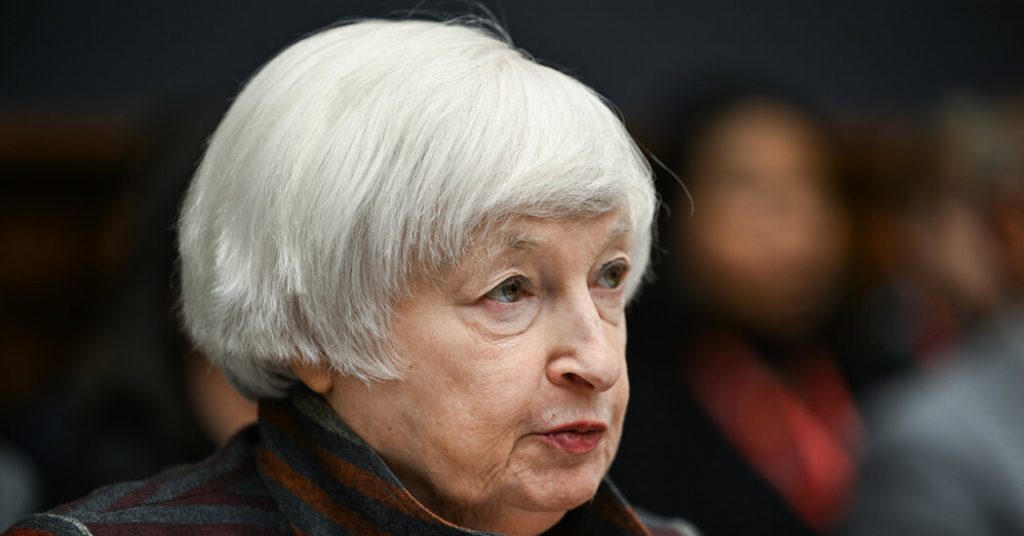Treasury Secretary Janet L. Yellen stressed the importance of the United States and Europe collaborating to address the threat posed by China’s excess industrial capacity to the global economy. With the Biden administration concerned about China’s mass production of green energy technology potentially undercutting domestic efforts, the U.S. is looking to Europe for support. The hope is that a united front will deter China from dominating Western markets with its electric vehicles, batteries, and solar panels.
The escalation of tariffs on Chinese imports, including a 100 percent tax on electric vehicles, is part of the Biden administration’s strategy to counter the threat posed by China’s industrial policies. China’s ambition to dominate clean energy technology could hinder the growth of other countries, including emerging markets. Following the former U.S. president’s imposition of tariffs on Chinese goods, the U.S. expects a coordinated response from its largest trading partners to prevent China from dominating the Western market.
Europe is now considering imposing additional levies on Chinese electric vehicles, particularly Chinese brands produced in China, as the world’s second-largest E.V. market. The European Commission is investigating whether state subsidies supporting Chinese car manufacturers are adversely affecting Europe’s auto industry. While the Biden administration has taken a more aggressive stance with 100 percent tariffs, Europe’s response is likely to be less severe, albeit possibly leading to preliminary duties on Chinese electric vehicles imports.
The investigation into China’s subsidies has caused a political divide in Europe, with Germany wary of penalties that could strain relations with Beijing. China’s three largest E.V. makers- BYD, Geely, and SAIC- have benefitted from subsidies allowing them to offer cut-rate prices. The focus has been on Chinese subsidies rather than dumping practices into the European market. While the European Commission could impose tariffs on Chinese E.V.s, drastic revisions of WTO rules are needed for more significant changes.
China’s investment in E.V. production in Hungary and Mexico is seen as a potential threat to the U.S. market by the Biden administration. The likelihood of retaliation from China against the new U.S. tariffs remains uncertain, as officials hope for a moderate and proportional response from Beijing. Concerns over inflamed trade tensions and potential impacts on the world economy persist as U.S. and European efforts to confront China could lead to trade disputes.
Despite risks of retaliation, the U.S. and Europe are working together to counter China’s industrial policies that threaten the global economy. By coordinating efforts to prevent Chinese dominance in Western markets, both the U.S. and Europe aim to protect their industries from being undercut by China’s mass production of green energy technology. While trade tensions are a concern, the hope is that China’s response will be moderate. The alignment of U.S. and European strategies to address the threat posed by China’s excess industrial capacity could shape future relations and trade dynamics between the three economic giants.








